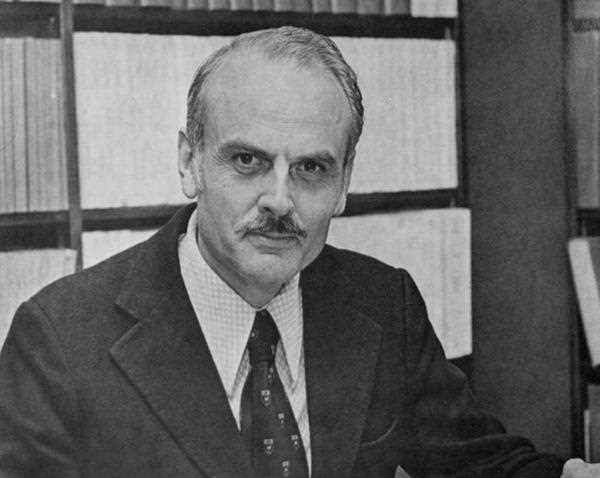Edgar F. Codd, commonly known as E.F. Codd, was a British computer scientist
considered one of the pioneers in the field of relational databases. Codd is best known for his work on developing the relational model for databases, which has become the basis for modern database systems.

Codd was born in England in 1923 and studied mathematics and chemistry at the University of Exeter. After serving in the Royal Navy during World War II, he completed a PhD in computer science at the University of Michigan. In 1953, Codd joined IBM's research centre in San Jose, California, where he worked for over 25 years.
In the late 1960s, Codd began working on a new approach to database management. He proposed the use of a relational model for organizing and storing data. The relational model is based on the concept of a table, or relation, consisting of rows and columns. Each row represents a record or instance of data, and each column represents a specific attribute or field.
Codd's relational model was a departure from the prevailing database management systems of the time, which were based on hierarchical or network models. These systems were complex and difficult to use, requiring specialized knowledge and skills. On the other hand, the relational model was simple and intuitive, and it could be easily understood and used by non-experts.
Codd's work on the relational model culminated in the publication of his seminal paper, "A Relational Model of Data for Large Shared Data Banks," in 1970. In this paper, Codd outlined the principles of the relational model and argued that it was superior to the existing database management systems.
One of the key advantages of the relational model was its ability to support ad hoc queries, or queries that are generated on the fly based on user input. This was made possible using a standardized query language, Structured Query Language (SQL). SQL provides a simple and powerful way to access and manipulate data stored in a relational database.
Codd's work on the relational model profoundly impacted the development of modern database systems. The relational model became the basis for many commercial database management systems, such as Oracle, Microsoft SQL Server, and IBM's DB2. It also influenced the development of other related technologies, such as object-oriented and NoSQL databases.
In addition to his work on the relational model, Codd made other important contributions to the field of database management. He developed the concept of normalization, which involves breaking down a database into smaller, more manageable parts. He also proposed using multi-version concurrency control (MVCC) to allow multiple users to access and modify data simultaneously without interfering with each other.
Codd received numerous awards and honours for his contributions to computer science. He was inducted into the National Academy of Engineering in 1981 and received the Turing Award, the highest honour in computer science, in 1981. He continued to work on database research until he died in 2003 at 79.
In summary, E.F. Codd was a pioneering computer scientist best known for his work on developing the relational model for databases. His work revolutionized the field of database management and laid the foundation for modern database systems. Codd's legacy continues to be felt today, as his ideas and principles are still widely used in the design and implementation of database systems.